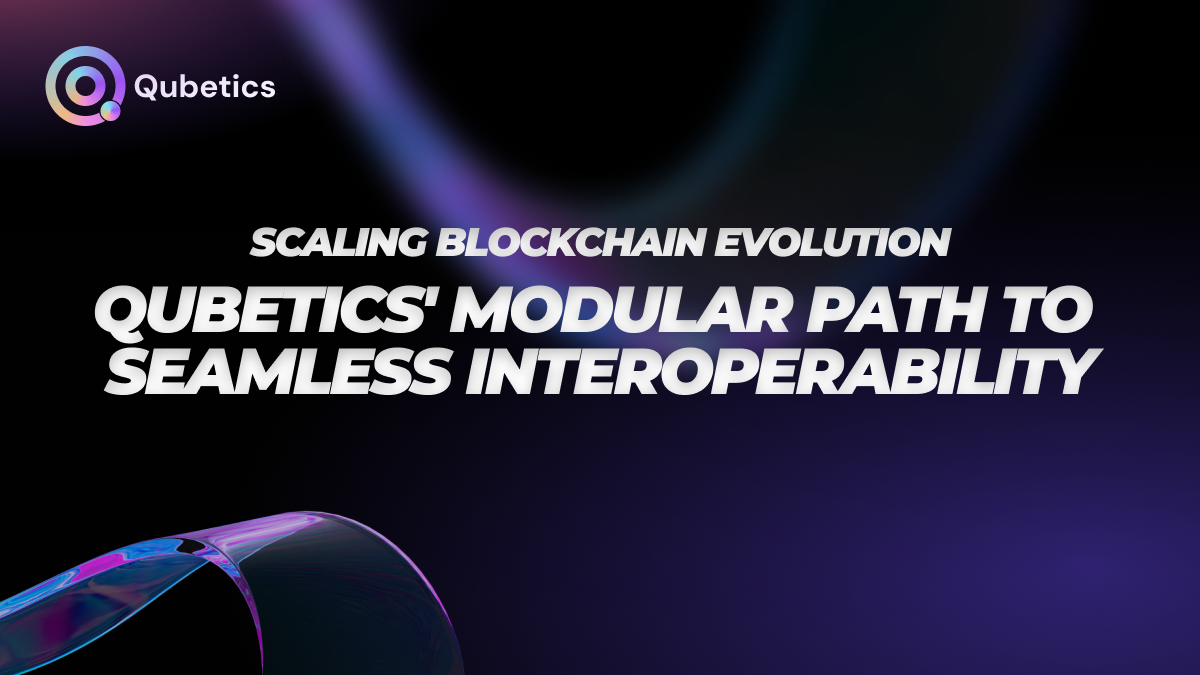
Proof-of-stake blockchain network Algorand has announced that staking rewards are now live, offering real-time block reward payouts to validators.
The Algorand Foundation stated that the program follows the recent upgrade to the network’s consensus mechanism, which was deployed earlier this week. According to the foundation, minimum rewards are set at 10 ALGO per block, with validators also receiving 50% of transaction fees in every block. However, block rewards will decrease by 1% after every one million blocks.
Algorand (ALGO), a layer-1 blockchain launched in 2019, is among the cryptocurrencies that have experienced significant upward momentum in recent months. Although its price has retreated to key levels, metrics such as the number of active addresses, network transactions, and fees indicate a positive trend.
The crypto staking market has grown rapidly since Ethereum’s merge in 2022, with key networks including Ethereum, Solana, BNB Chain, and Base.
According to DeFiLlama, Algorand currently has over $213 million locked across various protocols, including those focused on real-world assets, derivatives, yield generation, and decentralized exchanges. Algorand’s staking mechanism offers unique features compared to other proof-of-stake networks.
The Algorand Foundation emphasized that ALGO staking rewards are distributed in real-time, with no risk of slashing or restrictive lockups. Unlike Ethereum, Solana, and others, nodes on Algorand have full access to their tokens at all times. Additionally, Algorand’s staking rewards are non-inflationary, meaning payouts do not affect the native token’s total supply.
“While staking on Algorand is highly inclusive, it’s highly secure as well,” John Woods, chief technology officer at the Algorand Foundation, said in a statement.
ALGO holders can participate in the staking program and earn rewards by contributing to network security in various ways. These include liquid staking through Tinyman, Folks Finance, Messina, and CompX.
Users can also participate via the consensus staking pool or delegated staking on Pact and Valar, respectively. Staking on centralized exchanges is expected to go live later this year.






